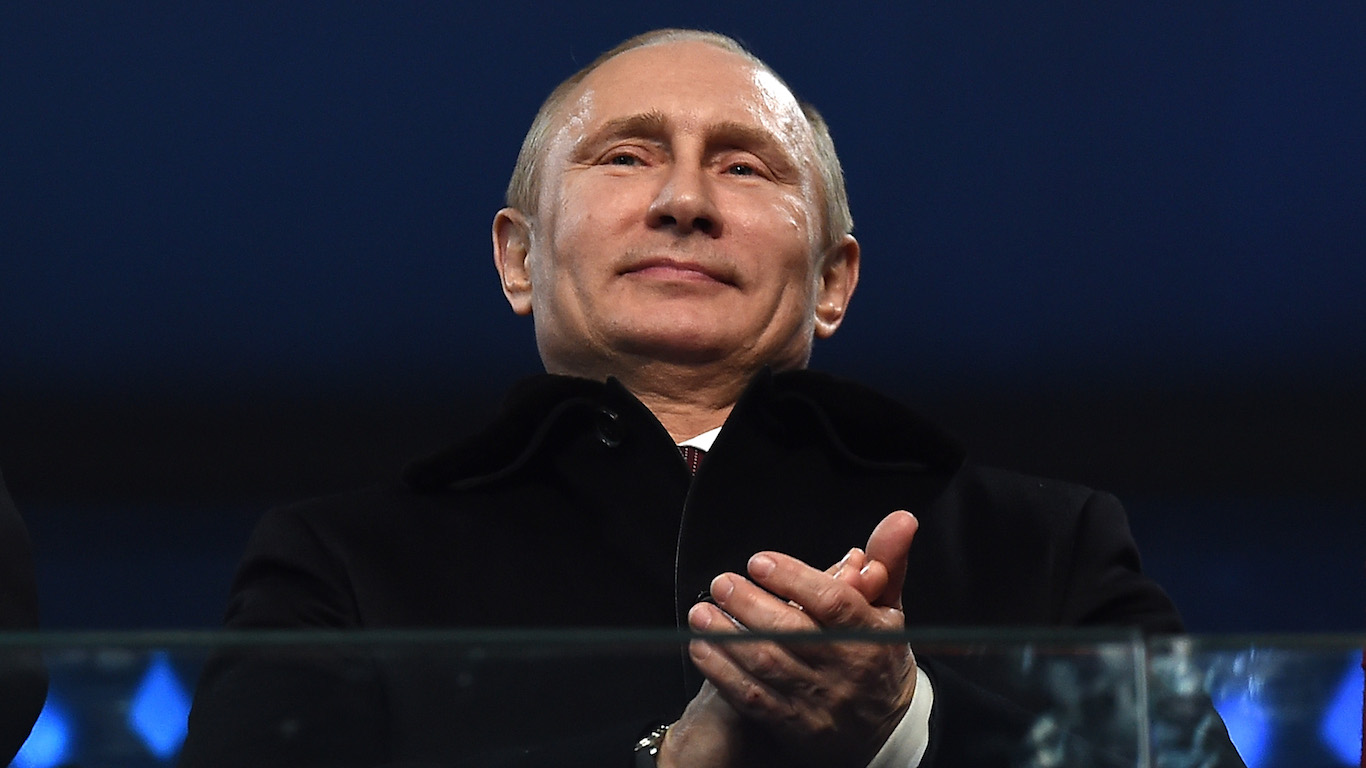
By David Callaway, Callaway Climate Insights
Russian President Vladimir Putin’s meeting with China’s Xi Jinping last week at the start of the winter Olympics was more than just a political snub to Western leaders, who largely boycotted the games to protest human rights abuses. It came tied up with an important natural gas deal.
Putin agreed to boost Russian shipments of gas to China through its Siberian pipeline by about 60% in the next few years, effectively removing a potential economic weapon the U.S. might need against China should it attack Taiwan. The fact that natural gas is taking center stage in both of the potential biggest invasion scenarios since World War II is a clear sign of the way climate change and the fossil fuel transition are becoming intertwined with geo-political policy.
But perhaps more important, it is dictating, and limiting, in many ways, Putin’s available strategic options. The world is a lot different than the last time Putin used Russia’s natural gas supplies to push Europe around, in 2006, when he was also making threats against Ukraine. . . .
To read this column, all our insights, news and in-depth interviews, please subscribe and support our great climate finance journalism.





